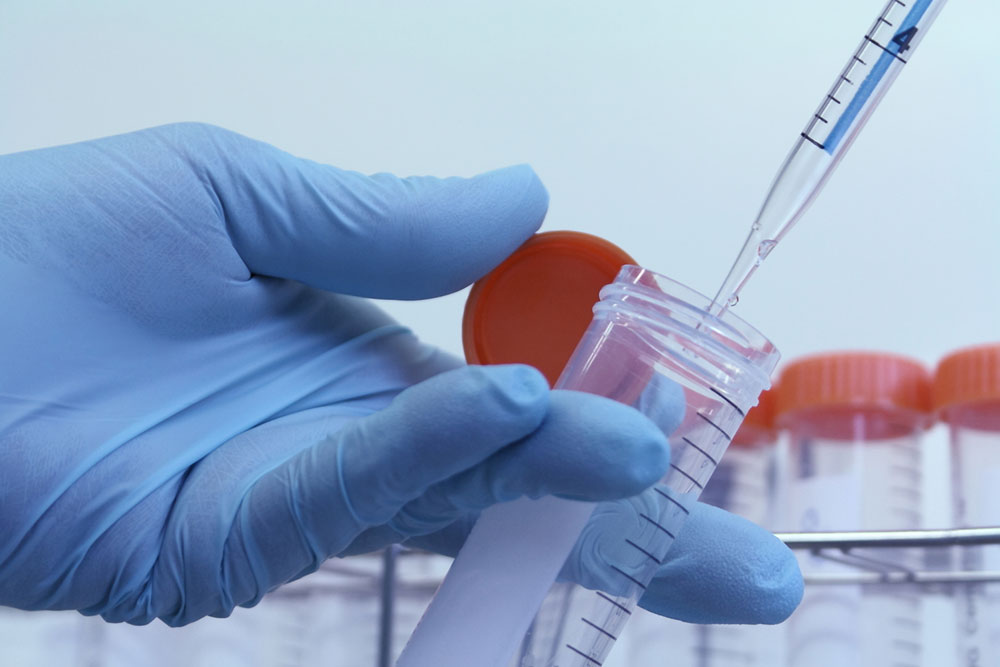Understanding H. Pylori: Causes, Symptoms, Testing, and Treatment Options
Learn about H. pylori, a common bacteria causing stomach ulcers. Discover its causes, symptoms, how it’s diagnosed, and effective treatment strategies. Importance of hygiene, lifestyle changes, and medical testing for prevention and management are highlighted for better gastrointestinal health.

Understanding H. Pylori: Causes, Symptoms, Testing, and Treatment Options
Helicobacter pylori is a common bacterium infecting the stomach lining and upper small intestine. It is the leading cause of ulcers worldwide, affecting nearly two-thirds of the global population. Often called the "ulcer bacteria," this infection can be prevented through healthy habits. Before its discovery, stress, spicy foods, and smoking were blamed for ulcers. In 1982, scientists proved that H. pylori damages the stomach’s protective lining, leading to inflammation and ulcer formation.
H. pylori produces a toxin called vacuolating cytotoxin A, which damages stomach tissues, potentially causing bleeding and impairing digestion. It spreads mainly through contaminated food and water, especially in regions with poor sanitation. Both children and adults are at risk and may remain asymptomatic for years.
Symptoms of H. pylori infection can be silent or mild, but severe cases often present with:
Burping and bloating
Loss of appetite
Nausea and vomiting
Persistent stomach discomfort
Burning sensation, especially when the stomach is empty
Blood in stools or vomit
Unexplained fatigue and anemia
Weight loss and dizziness
Diagnosis can be challenging because symptoms develop gradually. Medical tests include endoscopy, barium x-ray, blood tests for antibodies, stool antigen tests, and urea breath tests. Imaging like CT scans or MRIs may also be used for detailed evaluation.
Treatment involves a combination of antibiotics and acid-suppressing medications. Typically, a course lasts one to two weeks, with some patients requiring multiple drugs simultaneously. Adhering to the prescribed regimen is crucial to prevent bacteria resistance. If side effects occur, consult your healthcare provider promptly. Follow-up testing ensures the infection has been eradicated.
Preventive measures include avoiding contaminated food and water, maintaining good hygiene, reducing alcohol and smoking, managing stress, and avoiding excessive NSAID use. Currently, no vaccine exists, making early detection and lifestyle modifications vital for management.










